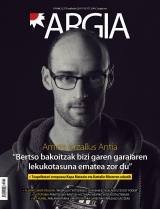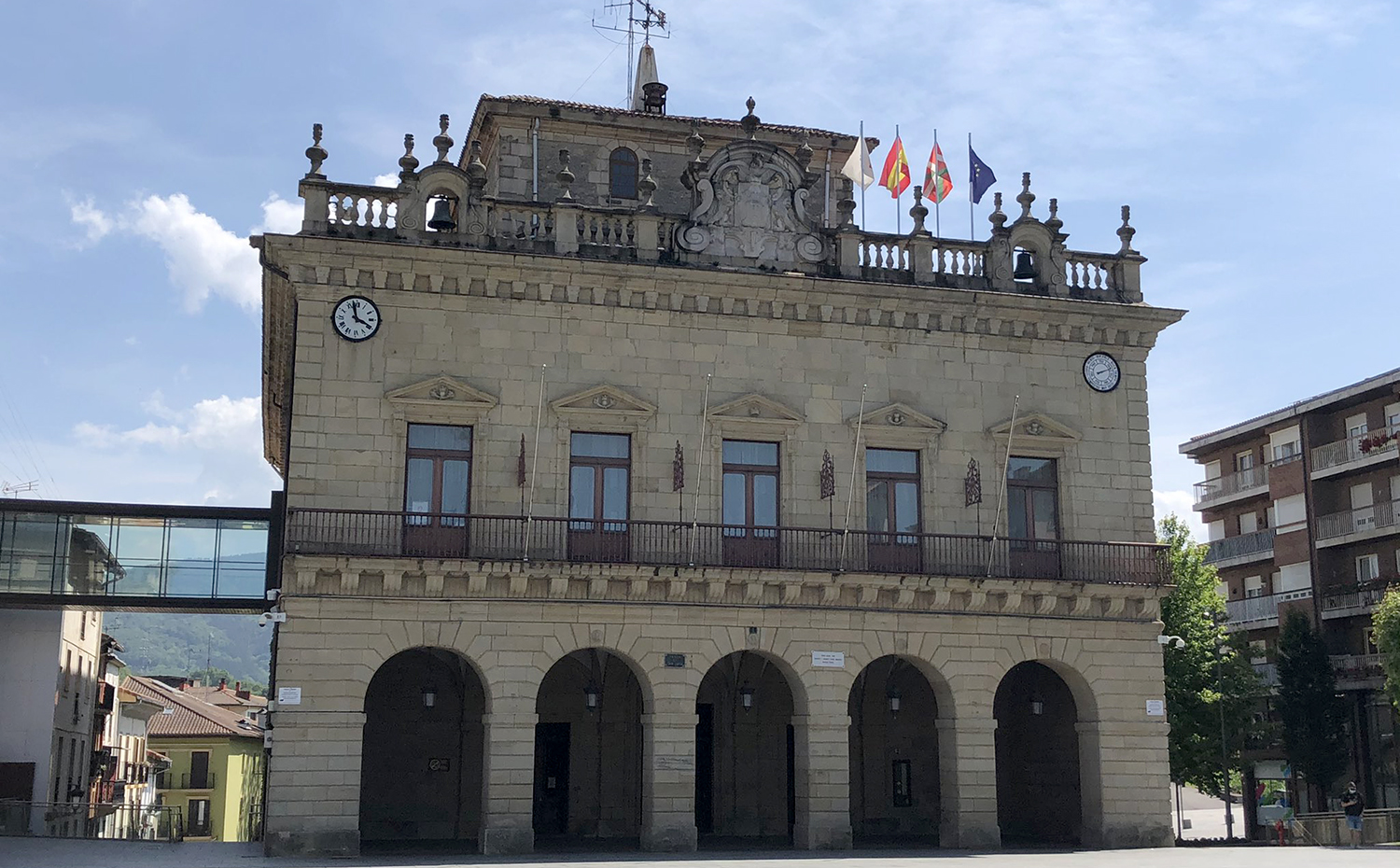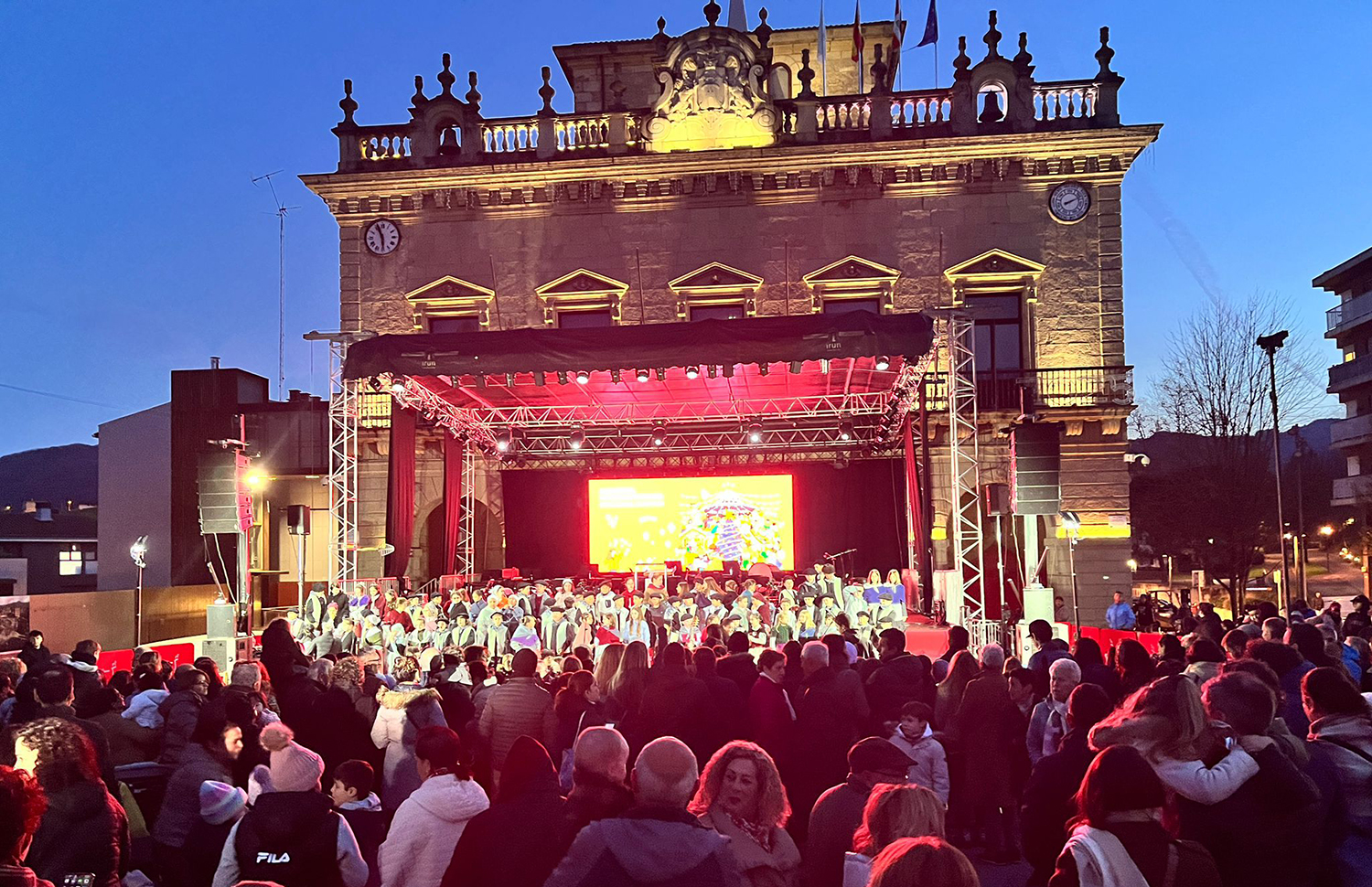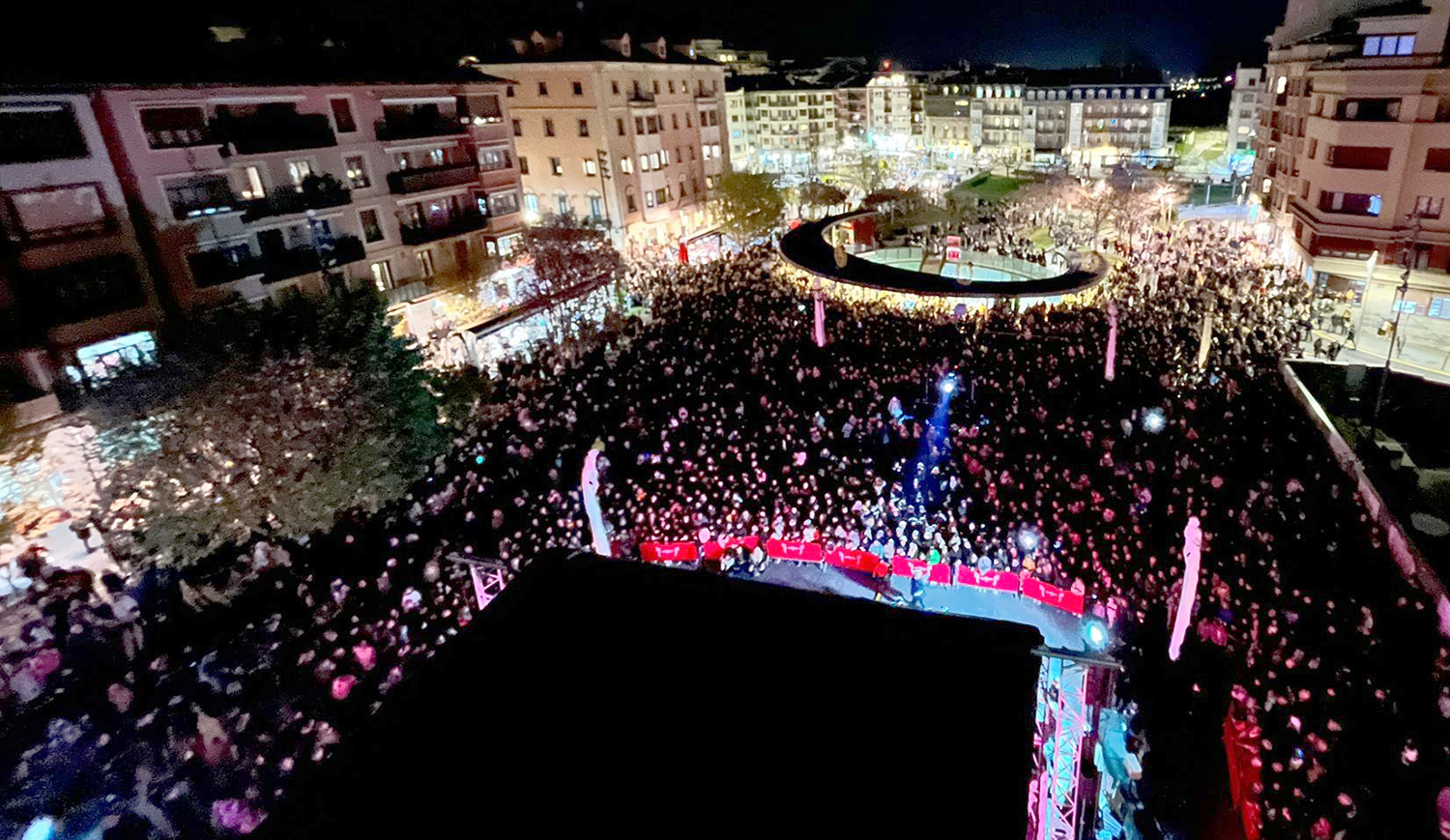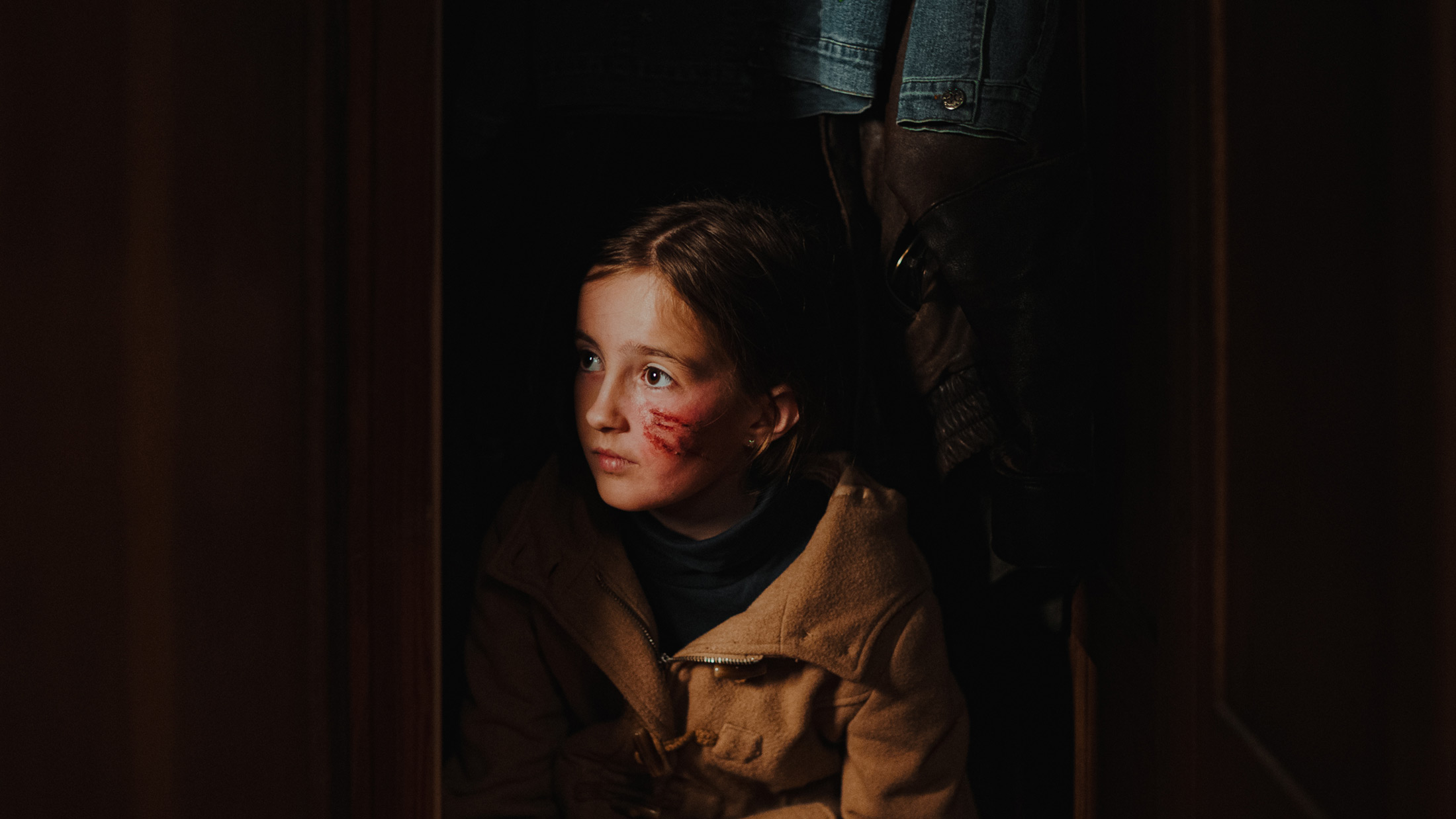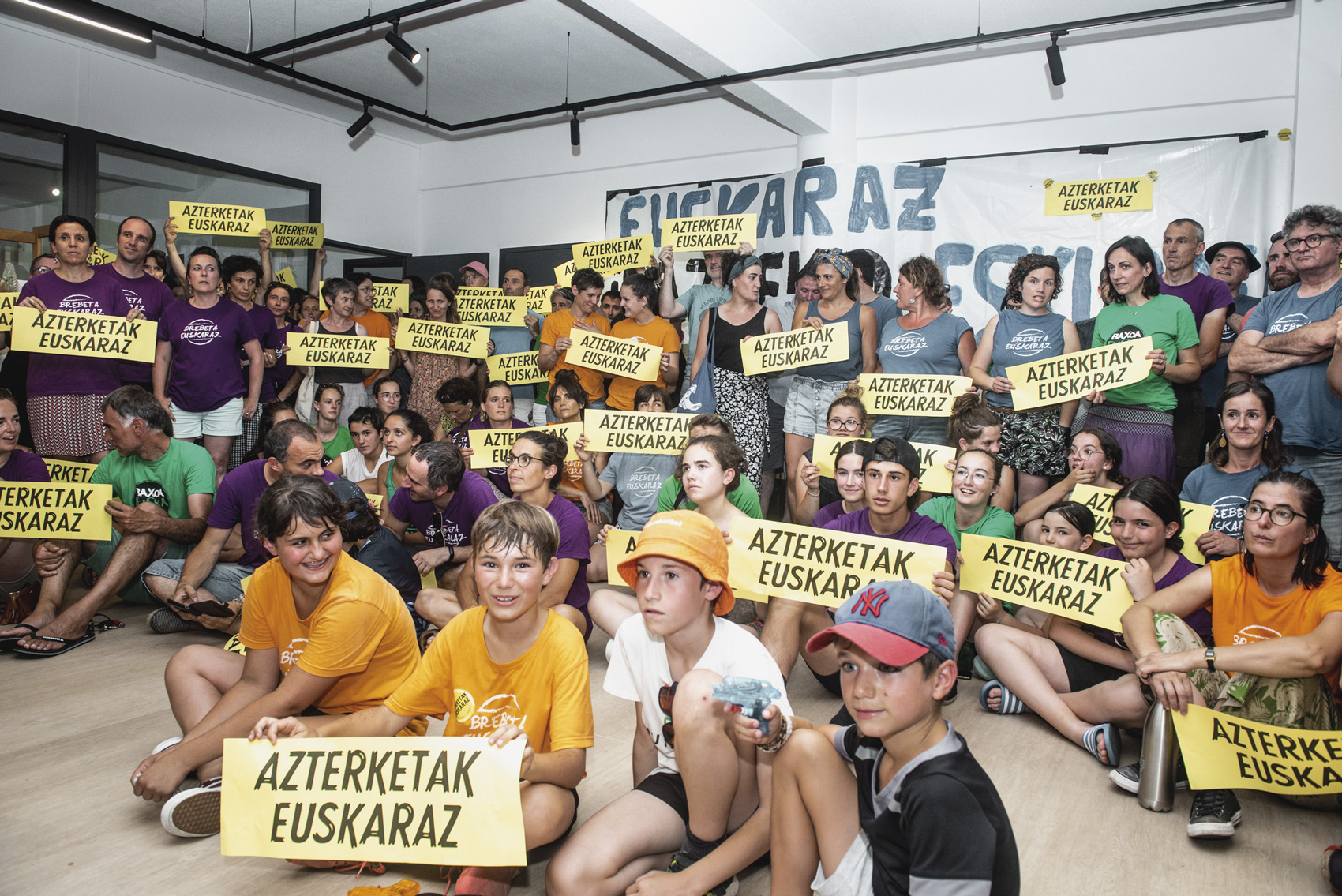"The problem is not linguistic, but social and political"
- Marseille, 1961. Professor of Sociolinguistics. He is the creator of the word glotophobia. Professor at the University of 197-2 and author of the Discriminations program: combats glottophobie. In his speech in Hendaia, he has strongly denounced discrimination and contempt for speakers who do not speak a correct French language and with the right emphasis: “Glottophobia blurs our point of view and breaks down culture.” You spoke about the language of the French Republic, but not only.
Philippe Blanchet is a socio-linguist. Polyglota. The son of a family from Provence (Occitania), Provençal and French is the language of everyday use. He is pleased with the attention he has received the talk of glotophobia.
It tells us about the relationship between language and people. On the influence of social systems in languages, on the correlation of forces between them and on the attitude of institutions and social associations: “There is no monolingual society, it is heterogeneous, and the predominant language, like French, is not spoken in the same way. The linguistic confrontation is vivid, an indicator of the singularities between the people that make up society, because people are different, we speak differently, we live from another”.
Blanchet has analyzed language as a social practice and recommended that speakers look at it as a social phenomenon that we share. The first observation is as follows: “The practice of language is not protected by law, nor by its diversity. In territories where more than one language is spoken, discrimination is evident.” He lives in bilingualism. In the family there is talk of Provençal: “My grandmother was punished by justice for speaking providential!” He said aloud that glottophobia had to be reconciled. That the rights of citizens are not respected and respected in France, which has led to major ethical problems: “The commitment of citizenship is essential, society must get involved in this problem.”
Field studies
It has followed up the activities of the various social, institutional and elected offices in France, as well as the many tweets disseminated via Twitter. Field studies have resulted in “glotophobic attitudes that can frighten hair.” Two findings: the problem is structural and the glotophobic attitudes are personal. Some “curiosities” between eleven “pearls” are:
“In France there is linguistic ideology. It has been genocide. After people’s disqualification, their languages have become disqualified.”
The President of the Rennes Language Academy writes to the President of the General Council in Breton. Answer: “In the Republic you cannot write in a language other than French.” Beyond the rule of law, Blanchet also referred to sarcastic tendencies, such as those of former socialist minister Christiane Taubira: “Taubira sent a survey on whether the French population confirms in their workplace that two people speak the language of the ‘region’. It is Afro-Russian and surprising, because the linguistic rights of citizens are protected by justice in Europe. Suppose the Minister of Justice asked whether blacks or invalids can work. It's terrible." For Professor Provenza, “we have to learn to think and to react on the rights of languages.”
Ignorance has no limits, not even the “wise”. The tweet of the philosopher Michel Onfray said: “How does the word telephone or computer pronounce in corso or breton?” The word telephone is Greek. In French you cannot say: “A person of that level has said so. Therefore, you cannot use those words in Basque, because they say you do not have them. Non comment!” .
Claude Alegre’s tweet, former Minister of National Education, is also disturbing: “It is better for computer scientists to be trained in French or English, but not in the regional language.” In other words, Euskera serves as a pastor, but not as a computer scientist. In addition, President Emmanuel Macron said last September that he was visiting the banlieus schools in Paris: “In this castle the king has decided that all those who live in it must speak French.”
Blanchet said: “Does the President have the right to express it? It's grotesque." In addition, he disseminated the news on his Twitter account. For Blanchet, the pretense of establishing a "national identity" in Macron's words is "obvious".
Glotophobia: social discrimination
By treating people in an unequal way, people’s racism and xenophobia emerge. Discrimination towards sexual orientation is homophobia. We are talking about discrimination. These trends are not legal, they are full of justice. Linguistic discrimination does not act in the same way: “People don’t see that behind linguistic discrimination are people. The problem is not linguistic, but social. For years I ‘invented’ the word glotophobia. The term has been extended, but to say that it is a linguistic problem is no more than an excuse, because the problem is social and political. Therefore, in order to raise awareness, we have to call things as they are,” Blanchet tells us.
“Is linguistic discrimination legally recognized?” the socio-linguistist asked us. Here is your explanation: “The 1948 Universal Declaration of Human Rights protects the person, but does not guarantee it before the courts. The article defends minorities. The text, signed by France in 1991, is in Article 27 of the Constitution, but it has not ratified it, is not committed in the defence of languages other than French.”
Discrimination is prohibited under European law. France signed the Convention, but has left out two articles. The Convention protects all children from the language in which they speak. They have the right to education whatever their language. France, on the other hand, has forced them to speak French, it is not legal, but it does. The law says: “The State has to guarantee the culture and language of that family. The child must be helped and the values of his or her community must be integrated into the school.” The teacher also referred to the children of the immigrants in charge.
“What is the official language? French. National. Unique. I speak another language, am I outside the Republic? That is not clear either. Nor does the law say ‘The official language of France is French’. On the contrary, it says: ‘The language of the Republic is French’. This formulation of the State contributes to the construction of linguistic ideology, to the centrality and sacralization of this language and to the disqualification of the rest”.
According to Blanchet, “in France there is a linguistic ideology. It has been genocide. After people have been disqualified, their languages have become disqualified. Thanks to the school and the media, people have assimilated and become collaborators.” Speaking of the mother tongue, he told us that it is terrible to see how the education system has introduced French into people’s heads, as if there were no other languages: “They have even sometimes made us think that our mother is a French language.” He highlighted the case of the grandparents of Ipar Euskal Herria.
Recommendation: In the face of glotophobic discrimination, every citizen must learn to react. Supporting the victims and showing that we don't want to be victims. Otherwise, we become agents. We have to keep an eye on it so it's not glotophobe. It's at least something we have to take into account, and we're doing it very slowly. It's no small thing. We must try to promote the cross-cutting tendencies of languages, because society is, to a large extent, glotophobe, to the same extent as xenophobia.
Gabonetako argiak pizteko ekitaldia espainolez egin izanak, Irungo euskaldunak haserretzeaz harago, Aski Da! mugimendua abiatu zuen: herriko 40 elkarteren indarrak batuta, Irungo udal gobernuarekin bildu dira orain, alkatea eta Euskara zinegotzia tarteko, herriko eragileak... [+]









